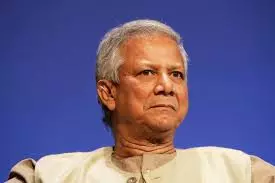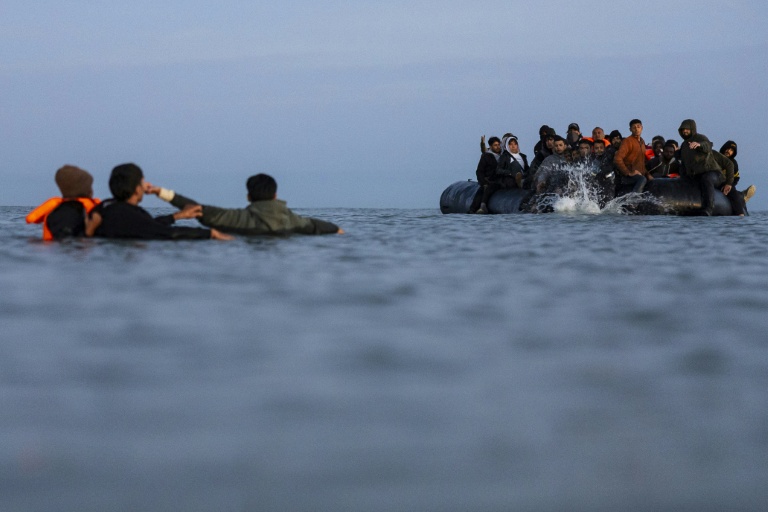By Sridhar Kumaraswami
Copyright deccanchronicle

New Delhi: Bangladesh’s interim government head Muhammad Yunus on Thursday targeted India in interviews on the sidelines of the ongoing United Nation General Assembly (UNGA) in New York, claiming that the South Asian grouping Saarc (South Asian Association for Regional Cooperation) was defunct because “one of our neighbours didn’t like that framework” and that it “doesn’t fit into the politics of one country”.Yunus said bilateral ties with India were strained and claimed this was because India had opposed the students’ movement last year that had dethroned then prime minister Sheikh Hasina. He also said Hasina was being hosted by India from where there was propaganda against Bangladesh that the students’ movement was an Islamist one. In another clear message to New Delhi, Yunus met Pakistan Prime Minister Shehbaz Sharif amid signs of strengthening of ties between Islamabad and Dhaka. Yunus also made it clear to the media in New York that Bangladesh now wants to join south-east Asian nations’ grouping ASEAN and is ready to join even as an “informal” member. It may be recalled that Saarc has been in cold storage since 2016 due to tensions between India and Pakistan on account of Islamabad’s continued support for cross-border terrorism aimed at India. Notwithstanding this, New Delhi has maintained that it remains committed to Saarc. In fact, there were reports that Sri Lanka is set to shortly host the inaugural heritage forum of the grouping to “institutionalise regional cooperation in cultural heritage”. The eight member-nation SAARC comprises India, Pakistan, Afghanistan, Bangladesh, Nepal, Bhutan, Sri Lanka and the Maldives. “We have problems with India right now because they didn’t like what the students have done … A lot of fake news is coming from India, propaganda that it’s an Islamist movement,” Yunus was quoted as saying, adding that Sheikh Hasina’s government had killed students and “created all the problems”. Recounting Bangladesh’s contribution in the 1980s to the creation of Saarc, Yunus said that it was envisaged to be a body like the European Union (EU) but that now it has “become almost like a dead organisation”.



